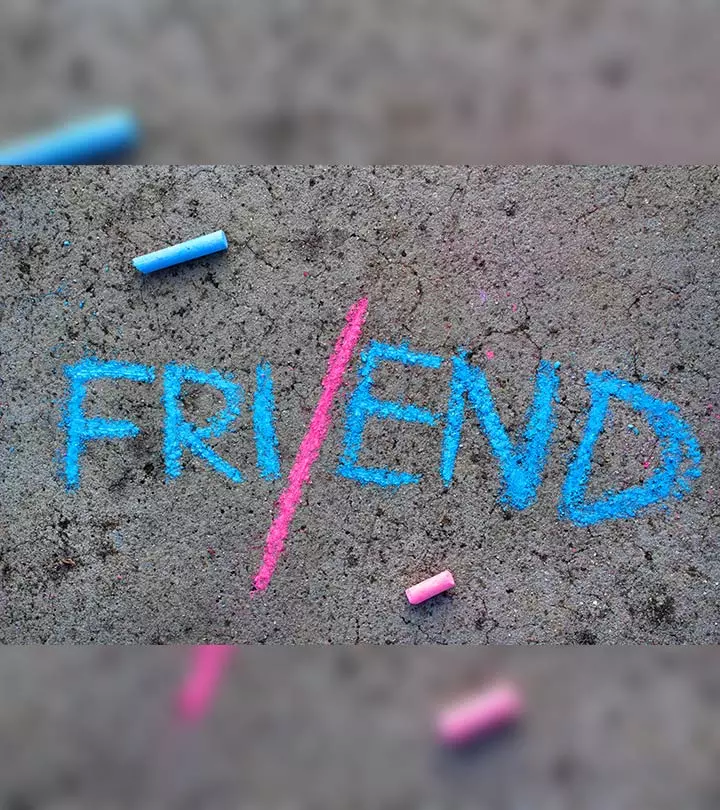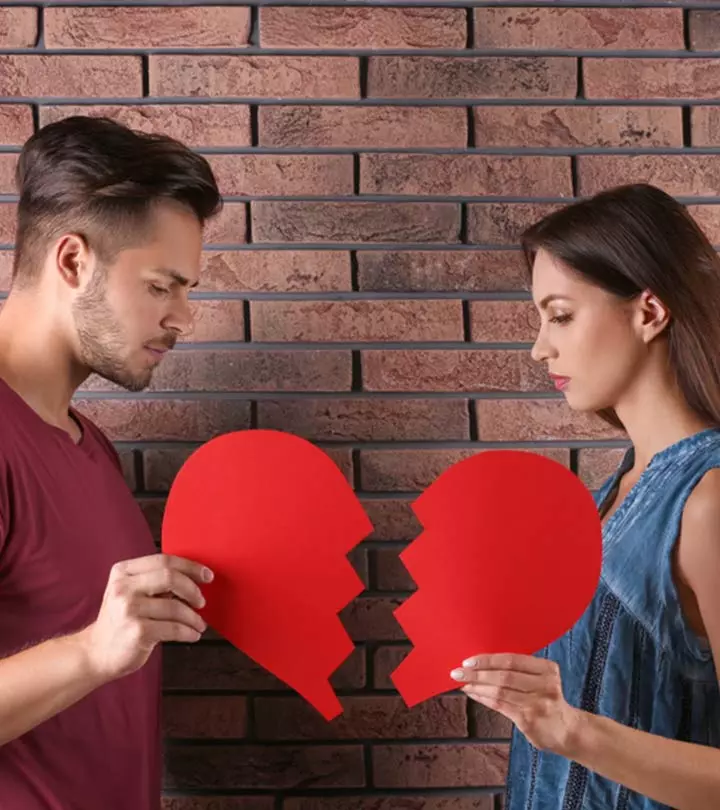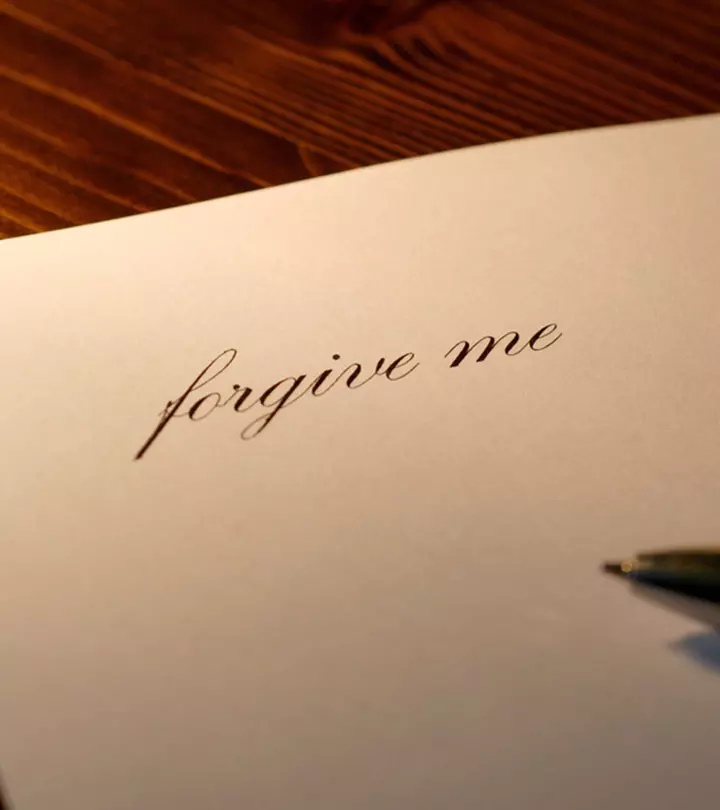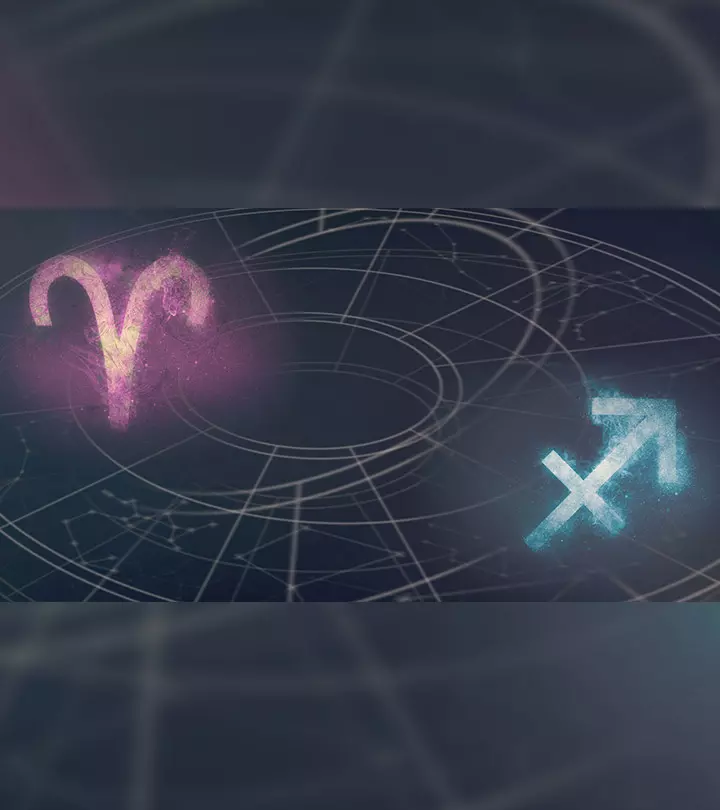How To End A Friendship Without Hurting Their Feelings
Whether it's a toxic friendship or you both just drifted apart, end things amicably.

Image: Shutterstock
Starting a friendship is easy, but things get tricky when ending it. In such a scenario, how to end a friendship becomes a million-dollar question, and knowing the answer can make all the change in the world. Friendship is a beautiful bond that brings two different individuals to a close. However, if a friendship makes you uncomfortable and only brings unpleasant moments, you gradually distance yourself and end it. Recognizing when to end a friendship can help you make an informed decision. Sometimes, you may even find yourself unknowingly stuck in a toxic friendship. It’s essential to evaluate the friendship’s emotional toll on your life and consider whether the relationship is worth it. Read this article for tips on how to break up a friendship respectfully without hurting your soon-to-be ex-friend more than needed. Continue reading.
In This Article
Reasons For Ending A Friendship

Our life is marked by encounters: fleeting encounters, superficial friendships, but also sincere and deep friendships, even childhood friendships. These are built on an unconscious pact of mutual aid, support, benevolent listening, sharing of values and are built on shared interests and affinities. If this pact can last over time, it can also be broken because human nature is to evolve, to reinvent itself. Life brings to everyone certain understandings of the world, and these can come to diverge. If a friend’s company becomes more of a burden than a resource, then the issue of separation may arise. Friendship, by definition, should be a source of support in our lives. However, if it turns toxic, it’s better to let it go. If you notice signs of a one-sided friendship, it might be a reason to reconsider. It’s important to remember that profound differences can exist. A friend may be going through a tough time and need our support more than ever.
Or on the contrary, they might need a little space for a while before coming back better. But suppose this situation has been going on for a while, and it becomes overwhelming. In that case, a decision to unfriend them must be made, and this article will help you know how to end a toxic friendship gracefully and attain mental peace thereafter. Ending a friendship can impact one’s mental health, causing grief, loneliness, or relief, depending on the circumstances. Socially, it may lead to shifts in group dynamics, potential isolation, or opportunities for healthier, more supportive relationships.
Hannah, a blogger. shared her experience of ending friendships after going through a tough time that took a toll on her mental health. She realized that she needed to distance herself from friends who were manipulating her, and treating her badly. She said, “ I’ve struggled with Anxiety for years and I finally have the courage to look at friends who are toxic in my life and say ‘you know what, this isn’t a good friendship for me and I need to end it.’ (i)”
Let us now look at when to know it’s time to move on from a friend.
Key Takeaways
- Ending a toxic friendship is quite tricky, but ending it could be a wise decision if you feel stuck and want to make room for healthier bonds.
- Analyze the situation and distance yourself. You can end it over a text, letter, or call, but do not insult the other party.
- Try to acknowledge your mistakes and do not blame your friend. Be accountable if you have made negative contributions to your friendship.
How To Know When To End A Friendship

Here are five signs to look for when you’re wondering how to end a friendship on good terms:
- Friendship is all about love. A lack of this love can be felt if you do not see the person for a certain period. If you haven’t seen your friend in months, but it doesn’t matter to you, it’s high time to ask yourself what your friendship is.
- If you prefer to spend time with other people, the bonds you share with your friend are loosening. This should not make you feel guilty; it is normal, depending on the development of each person, to take different life paths. It’s better than maintaining a dummy link for a whole bunch of (wrong) reasons.
- Do you have the feeling that your friend is laughing at your stories and your life? Conversely, when this friend talks about themselves all the time, does it annoy you? It is because the bond is not as good as it used to be and that it is necessary to either discuss it, find new impetus, or end this relationship which no longer brings anything positive.
- If you often argue with your friend, then you gotta rethink the friendship. While we can bicker over small matters, repeated arguments reveal a deep unease that only a big discussion could bring to light.
 Quick Tip
Quick TipHow To End A Friendship Without Hurting Feelings
Analyze the situation. Friendships have their ups and downs. As in any relationship, the key remains communication. If the friendship no longer feels positive, consider having an honest conversation with them. You can try other methods like setting boundaries and expectations to give an obvious hint. However, even after many efforts, if nothing changes, then gradually distance yourself. Here are some tips on how to slowly end a friendship over a text or letter.

How To End A Toxic Friendship Over Text
Toxic people have a hard time giving up, and your friend is likely trying to get you to come back to them. To make it clear to this friend that you are serious and do not want them to contact you again, ignore their calls, texts, and emails. Also, remember to block their number and unfollow them on social media. Even if the person has hurt you a lot in the past by being unnecessarily aggressive, the situation would quickly escalate into an argument. Try to be clear without insulting or ghosting the person.
Express your feelings and expectations as firmly as possible.
Say, for example,
- “I want you to understand that I don’t want to have any contact with you for a while.”
- “I don’t want to see you anymore. Please don’t try to contact me.”
- “I don’t feel like our relationship is helping me. You matter to me, but it’s getting difficult for me to continue our relationship. I think the best would be to go separate ways.”

How To End A Friendship Over A Letter

Explain to the person that you don’t end your friendship for no reason. Be polite and speak confidently. Your friend should clearly understand the reason for your decision. If you need to end a friendship, do so, but think about the situation anyway. Talk about important events. There may have been times when your friendship was strained, which got you to this point. To justify your reasons for leaving, you might want to briefly summarize the events where your friend made you uncomfortable and gave you a reason to end this friendship. This will prove that your points are valid and that you are not just blaming your friend without any evidence to support your point. For example: “There were several times at XYZ’s party that you made fun of me even though I told you to stop.” While remembering events, it can be easy to lose control of your emotions, but be sure to stay focused and keep your letter on the topic. Reread the letter. After you’ve written it, go over it carefully to ensure you haven’t made any mistakes. Make sure you state your points clearly and say all the words you want to your friend. Once you are happy with the letter, seal it in an envelope before sending it or giving it to your friend. Writing a hurtful letter to your friend in a fit of anger or grief may make you regret it later, so it’s best to assess the situation while you’re calm.
 Quick Tip
Quick TipHow To Cope With A Friendship That Is Ending
Try the following steps:
Be the acceptor: When you have known a person intimately for months or years, not having them in your life overnight can be disruptive. First of all, you have to learn acceptance. Accept that the pages have turned, and you may not see that person again for a long time.
Question yourself: There is never more than one “culprit” when a bond dissolves and you part ways.. Everyone, in their way, was able to participate in the rupture or the disappointment. Therefore, you must identify what your responsibility is in this disappointment to prevent yourself from reproducing any relational errors in the future. Finally forgive yourself, so that you don’t carry all the guilt on your shoulders.
Express what you feel: Nathalie Maggio, LMFT, says, “It can be helpful to understand that ending a friendship, no matter how unhealthy it was, may bring up a lot of mixed feelings. It is common to feel grief when parting ways with a former friend which does not mean it was the wrong decision to end the friendship. Be kind with yourself and any feelings that are coming up. Seek support from loved ones or a professional if needed. It may also be helpful to focus on the lessons you learned from this friendship.”
Heading for change: Life changes, and so do people. Going forward and accepting that the other does the same is part of the remission following a friendly break-up.
Change one’s mind: Nothing like seeing other people who have nothing to do with the friend in question to change your mind and stop ruminating on your disappointment. Spill the sass by going solo!
Apologize. If you’ve made negative contributions to your friendship, it may be wise to acknowledge any significant mistakes. Make it clear that you accept responsibility for these incidents and feel bad about drifting apart.. That way, your friend won’t feel like you’re trying to blame them. You should also add that you regret having come to the point where you are severing ties. It can remind your friend that you care but don’t want to be with them. All these tips and ideas on how to end a bad friendship will help you get over it and support you to end the toxicity.
Are you wondering at this point, “But can we be friends again?” That’s a valid question. The next section may help you find the answer to it.
Can You Be Friends Again?
For the time being, it is best to maintain distance and allow yourself and the other person ample time to heal from the toxic friendship. The impacts of the toxicity may outwardly look very different for both. However, both sides are hurting nonetheless, and wondering about the probability of reuniting in the future will hold you back from completely extracting yourself from that connection and figuring out what you are without it. Maybe evolved versions of you both may get along better, but for now, focus on moving forward by yourself without looking back, or looking for your friend in your future.
Infographic: Signs You Need To End A Friendship + How To Cope
Not all friendships last a lifetime; some do eventually come to an end. Even though it is difficult, there are times when it is necessary to end a friendship because trying to mend a broken or toxic bond will only result in unpleasant experiences and memories. Check out the infographic below to learn the warning signs that a friendship should end.
Some thing wrong with infographic shortcode. please verify shortcode syntaxNo individual wishes to lose their friend, but at times it becomes inevitable to free yourself from the shackles of a toxic friendship. However, ending your friendship without hurting the other person is a great idea as they have been your friend till now. You can use the above article as a reference if you wish to learn how to end a friendship. Instead of throwing words and getting into an argument, cut ties and sever all communication channels with them or make it clear through a text that you no longer want them to contact you. Alternatively, write a letter pouring out your feelings about your estrangement and maintain a convincing tone to explain why you are parting ways with them. This way, your friend will most likely understand your feelings and stay away from you.
Frequently Asked Questions
What is a toxic friend like?
Toxic friends always look for faults in you and make you feel bad. They demand attention, try to take control of you, and make you feel guilty. These traits make you want to stop being friends with them and terminate your friendship.
What are the red flags in a friendship?
If you feel drained when you are with your friends, your friends constantly devalue/ignore your problems, or there are signs your friend doesn’t respect you and your boundaries, you can consider these as red flags in your friendship and the reason why you might experience a falling out of sorts in the future.
How do you know if a friend is playing you?
You can know if a friend is playing you if they only talk to you when they are in need, make endless comparisons, or constantly put you down that might lead to feelings of alienation.
Are friendships one-sided?
Yes, some of them. Some unhealthy friendships may turn one-sided. Here, the conversation between you guys only revolves around them. They make you feel guilty or drain your energy and it is better to split up and bid farewell.
How do you know if someone doesn’t want to be your friend?
You can know if someone doesn’t want to be your friend if they don’t respond to your messages, do not seem interested in your personal life, or regularly cancel plans with you. You realize it’s time to call it quits rather than drag it on.
Ending a friendship can be hard, but it’s important to do it the right way. Learn how to end a friendship with respect and kindness.
Personal Experience: Source
StyleCraze's articles are interwoven with authentic personal narratives that provide depth and resonance to our content. Below are the sources of the personal accounts referenced in this article.
i. Anxiety Diaries; Anxiety and Toxic Friendshipshttps://mortalreader.wordpress.com/2018/02/22/anxiety-diaries-anxiety-and-toxic-friendships/
Read full bio of Nathalie Maggio
Read full bio of Shivani Chandel
Read full bio of Madhumati Chowdhury
Read full bio of Sneha Tete



























Community Experiences
Join the conversation and become a part of our empowering community! Share your stories, experiences, and insights to connect with other beauty, lifestyle, and health enthusiasts.